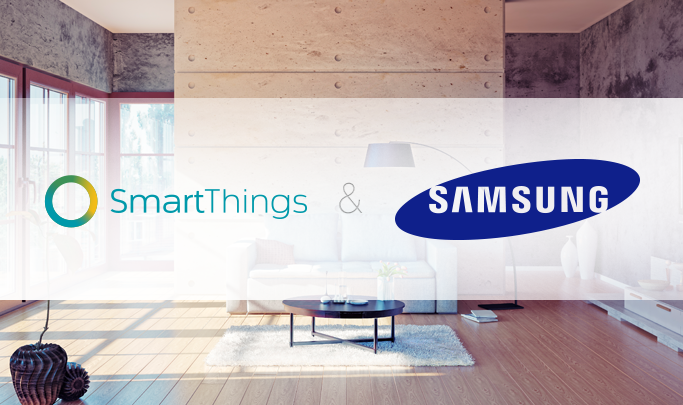
Samsung has just laid down a reported $200 million for home automation startup SmartThings, a company born out of a popular Kickstarter campaign back in 2012.
SmartThings announced the buyout on its blog on Thursday, with CEO and co-founder Alex Hawkinson highlighting Samsung’s “full support” of his company’s vision to “create a totally open smart home platform that brings together third-party developers, device makers, and consumers.”
SmartThings, which employs around 50 people, is currently based in DC, though following the acquisition it’ll shift most of its operations across the country to Palo Alto to work with the Korean tech giant’s Open Innovation Center. However, Hawkinson said SmartThings will continue to act as an independent company.
Related: Google acquires smart thermostat startup Nest
SmartThings’ mobile app connects with its $99 hub to let you control stuff around the home like temperature, locks and lights. Security is an important part of the system, too, with sensors enabling users to monitor conditions and movement in their home from afar.
Hawkinson said he believes Samsung’s global presence will be key in helping his startup expand beyond its present size by bringing on board more device makers that link to its hub.
He wrote, “While we will remain operationally independent, joining forces with Samsung will enable us to support all of the leading smartphone vendors, devices, and applications; expand our base of developers and enhance the tools and programs that they rely on; and help many more people around the world easily control and monitor their homes using SmartThings.”
Related: Apple unveils HomeKit home automation software
Knowing Samsung’s penchant for exploring new tech markets, and with the idea of the smart home gaining ever more attention in the industry, its move to acquire a company like SmartThings will surprise few. The Seoul-based company indicated a strong interest in the space when, at CES in January, it announced a new Smart Home platform, a service that enables personal and home devices to be connected and managed through a single, integrated hub.
With SmartThings on board, it now has the talent and established technology to take its vision of a connected home to the next level, challenging giants such as Google and Apple – who both have their sights set on a similar goal – in the process.


